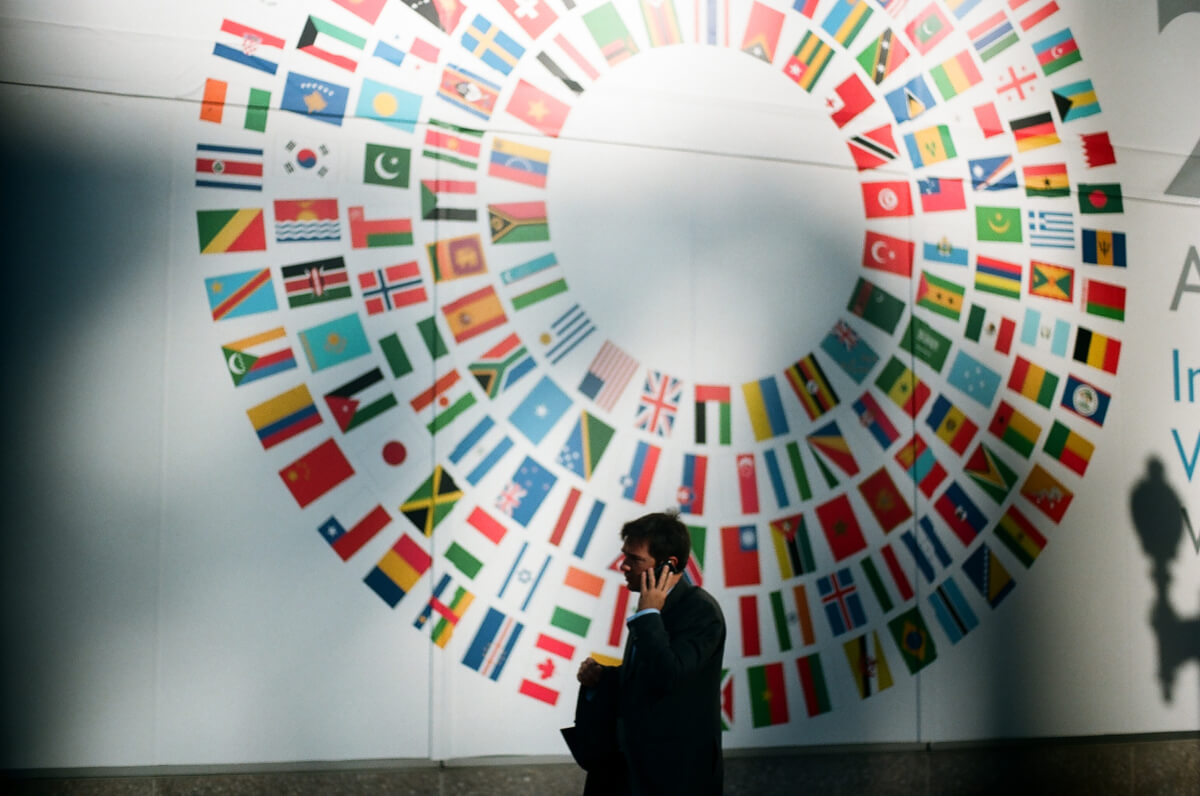We'll lose £215 billion to hidden fees unless we act
We’re set to lose £215 billion to hidden fees this year alone. That's because today, banks and other providers are able to tell you your transfer is free, has...

Why are costs still high? And how can we fix it?
Today more than ever, low- and middle-income communities rely on money sent home from friends and family abroad. In 2021, G20 sending countries will send nearly $215 billion in remittances - but a whopping $11.5 billion will be lost to fees along the way.
The United Nations Sustainable Development Goals include a goal to reduce the cost of remittances to less than 3% by 2030. Our new report based on World Bank data shows that the average cost of sending a remittance is staggeringly high: for G20 sending countries, it’s still at 6.5%.
And the 13 countries that we tracked are slow to decrease costs - too slow to reach the 2030 goal.
If more progress had been made on lowering the cost of remittances to the 3% target set by the UN, the people on the receiving end could receive $5 billion more in 2021!
That’s a huge number. A number that would positively impact the livelihoods of millions around the world.
Here’s the good news: we know how to fix this.
Loopholes in regulations and inefficiencies in the underlying infrastructure make remittances more expensive than they should be. To lower costs in line with the UN’s 3% target, we need more transparency in the market.
People sending money to friends and family back home should know what they pay.
UK government research showed that when consumers were shown transparent pricing (with upfront fees and FX margins disclosed in a single amount (“total cost”), the percentage of first-time remittance senders choosing the best option doubled from 34.3% to 68.9%.
This allows people to shop around, increases competition in the market and will drive down prices as a result. Ultimately, higher income countries (Europe, the UK and Australia for example) hold the power to require transparent pricing from banks and providers.
To reach the 2030 UN goal, governments must take immediate action to reduce these costs and put more money in the people that need it most.
At our online roundtable on 23 September focused on lowering remittance costs, European Finance Commissioner Mairead McGuinness delivered a clear message reiterating the European Union’s commitment to delivering on the UN goal 10c - and how the EU intends to meet it.
We also heard from leading remittance experts including Dilip Ratha, World Bank, Lead Economist, Migration and Remittances and Head of KNOMAD; Dr Sandra Sequeira, Associate Professor at the London School of Economics; Kieran Murphy, Member of the Secretariat, Financial Stability Board and Wise’s own Diana Avila, Global Head of Banking and Expansion on what more governments should be doing to lower these costs.
GR Virtual event | Lowering remittance costs: Is the UN goal of 3% by 2030 achievable? from Wise on Vimeo.
*Please see terms of use and product availability for your region or visit Wise fees and pricing for the most up to date pricing and fee information.
This publication is provided for general information purposes and does not constitute legal, tax or other professional advice from Wise Payments Limited or its subsidiaries and its affiliates, and it is not intended as a substitute for obtaining advice from a financial advisor or any other professional.
We make no representations, warranties or guarantees, whether expressed or implied, that the content in the publication is accurate, complete or up to date.

We’re set to lose £215 billion to hidden fees this year alone. That's because today, banks and other providers are able to tell you your transfer is free, has...

From holidaymakers, students funding their student loans, people sending money to support loved ones back home, to small businesses working with overseas...

Chancellor of the Exchequer HM Treasury 1 Horse Guards Road London SW1A 2HQ Dear Chancellor, We are writing to you to take this opportunity to stop hidden...

£187 billion! That’s how much people and businesses lost to hidden fees in a single year.

Share your story with us. Why is sending money abroad important to you? How are hidden fees impacting you and your family? The International Day of Family...

Help change the law! Last year, when sending money abroad, British consumers and businesses lost £5.6 billion in fees. Is it bonkers? Yes! Is it surprising?...